With hopes of education and change, students gathered for an information meeting on the organization Concordia Students for Justice in Palestine (CSJP) on Thursday evening. Abdallah Salha and Sabriya Siddiqui are co-presidents, with Parker Webster as the education lead and Cale Bauer as the local activist liaison.
The group, which began to form during the 2024 spring semester, hopes to create change and awareness on campus. CSJP builds upon three pillars: learn, advocate and inform. Throughout the year, they plan to answer the questions on how to be an influential club at Concordia.
“As an SJP community … how can we be active at Concordia?” Salha posed.
Last year, a general group of Palestinian students and allies organized many pro-Palestine protests and activities since CSJP was not officially formed until spring. This led to several barriers, which CSJP hopes to overcome this year now that it is an official student group.
One of their concerns, flowing into this semester, came about in the days following the events of Oct. 7, 2023. Students who had been on campus when events such as the murder of George Floyd remember the college releasing statements surrounding these headline events. As the days passed following Oct. 7, such a statement was no ceably absent.
On Oct. 17, there was an anti-occupation protest on campus. This was not affiliated with CSJP, as it was not yet organized, but it was a marked show of the student body’s passion regarding the Israel-Hammas conflict.
According to Salha, a retired Concordia professor remembers it being perhaps the largest protest on campus, with only the Vietnam protests matching, or perhaps edging out, the protest for size. CSJP hopes to harness this energy again this year.
As higher education institutions have been cracking down on student protests nationwide, Salha said CSJP must brace itself for any potential backlash.
Salha said a closed mindset holds the potential to be a threat to institutions themselves and the institute of higher education.
He questioned if higher education institutions stand by their mission statements in political turmoil, referencing Concordia’s: “to influence the affairs of the world by sending into society through ul and informed people.”
Salha also harked back to Concordia’s roots within the ELCA, referring to the Lutheran World Federation (LWF). He says this should provide “moral clarity” to the college’s stance on the conflict and lead Concordia to condemn the violence and the occupation.
The LFW website “has condemned the violence on both sides and called for a release of hostages, for a ceasefire, and for humanitarian access to support the civilian population in Gaza.”
Salha described the motivations of the pro-Palestine, anti-occupant movement as being in line with this statement, being very clear that this is not an anti-Semitic movement. Rather, it works toward “positive peace:” a concept where not only is there the absence of war but also the presence of understanding and cooperation.
There is a concern, however, regarding the stance of the college.
“It’s hard to tell if Concordia is in line with its own mission,” Salha said, discussing Concordia’s actions and inactions.
Aside from the club’s concerns around the lack of acknowledgment surrounding Oct. 7, Salha said the college has also reportedly restricted CSJP events and other pro-Palestine events to only allow students to be present at events intended for the community.
The club brought up other implementations, such as changing the Coffee Stop to a Starbucks. Although Starbucks is not on the official Boycott, Divestment, and Sanctions (BDS) list, CSJP said there is no direct stance of Starbucks as an institution.
Intersectionality is another goal of CSJP, which aims to seek out other student groups where they’re at and bring them together with CSJP so as to work together. This means standing not only for issues directly Israel or Palestine-related, but also for other student issues: issues of transphobia, homophobia, ableism, racism, and many others.
Their goal continues to be, above all, to make change on campus and to create space for others to make change. Together, they hope to make a statement of inclusion on campus.
“Change comes from the people,” Webster said. “Through our government, through our purchases and through our silence.”

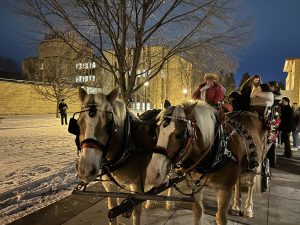
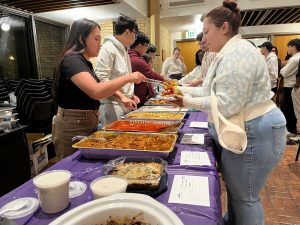
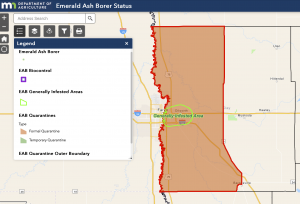
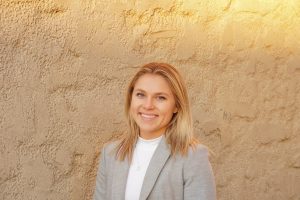
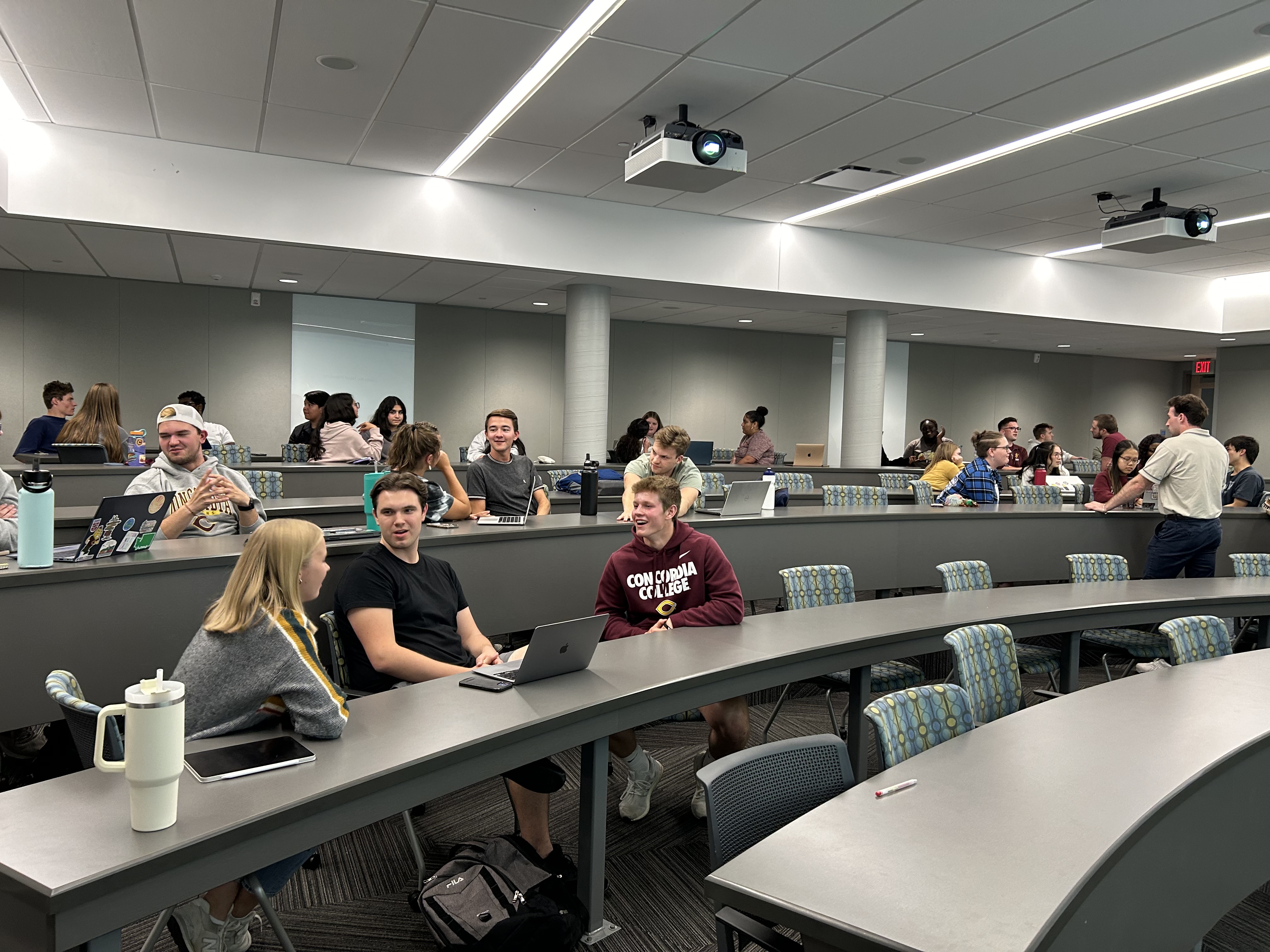
Be First to Comment